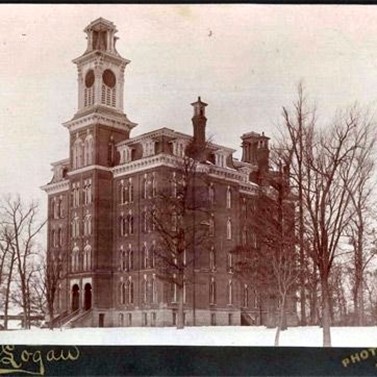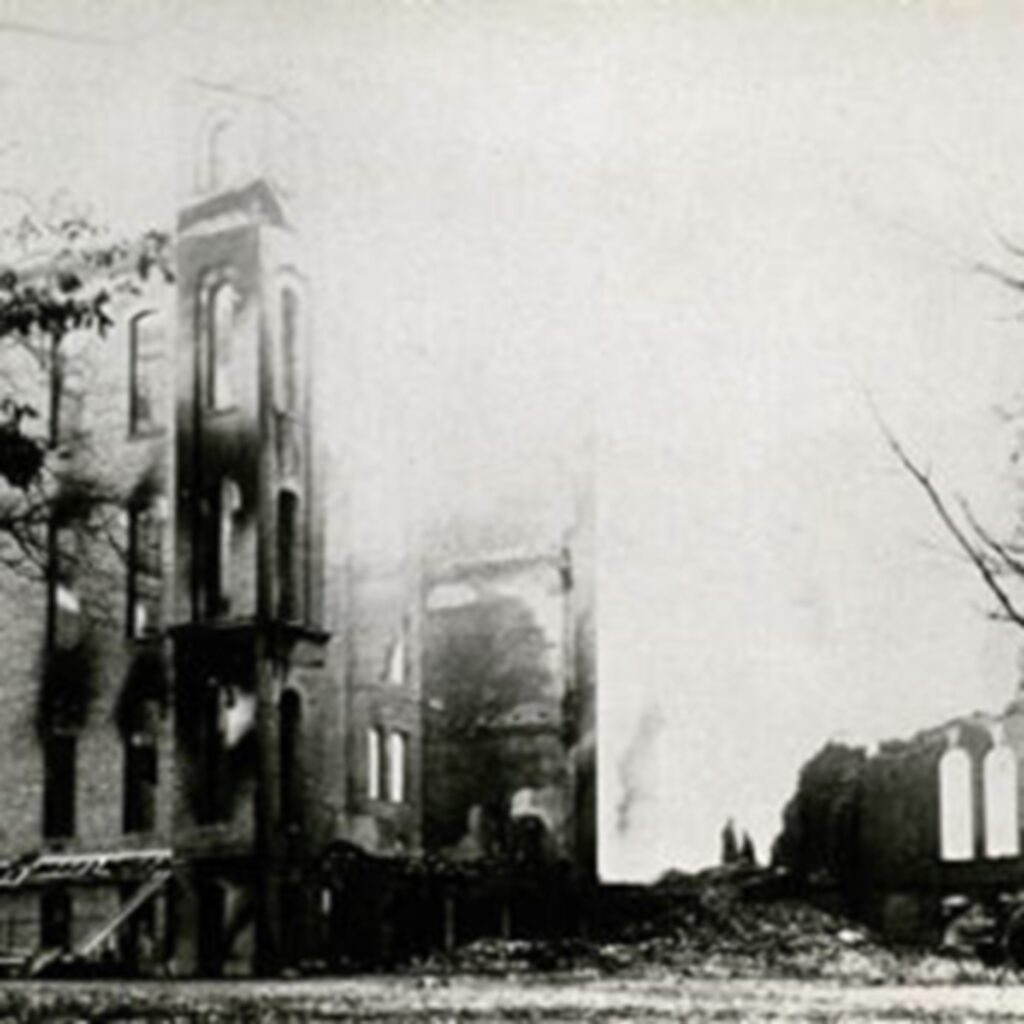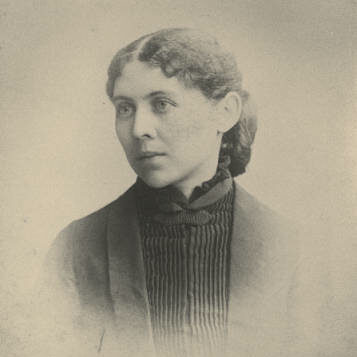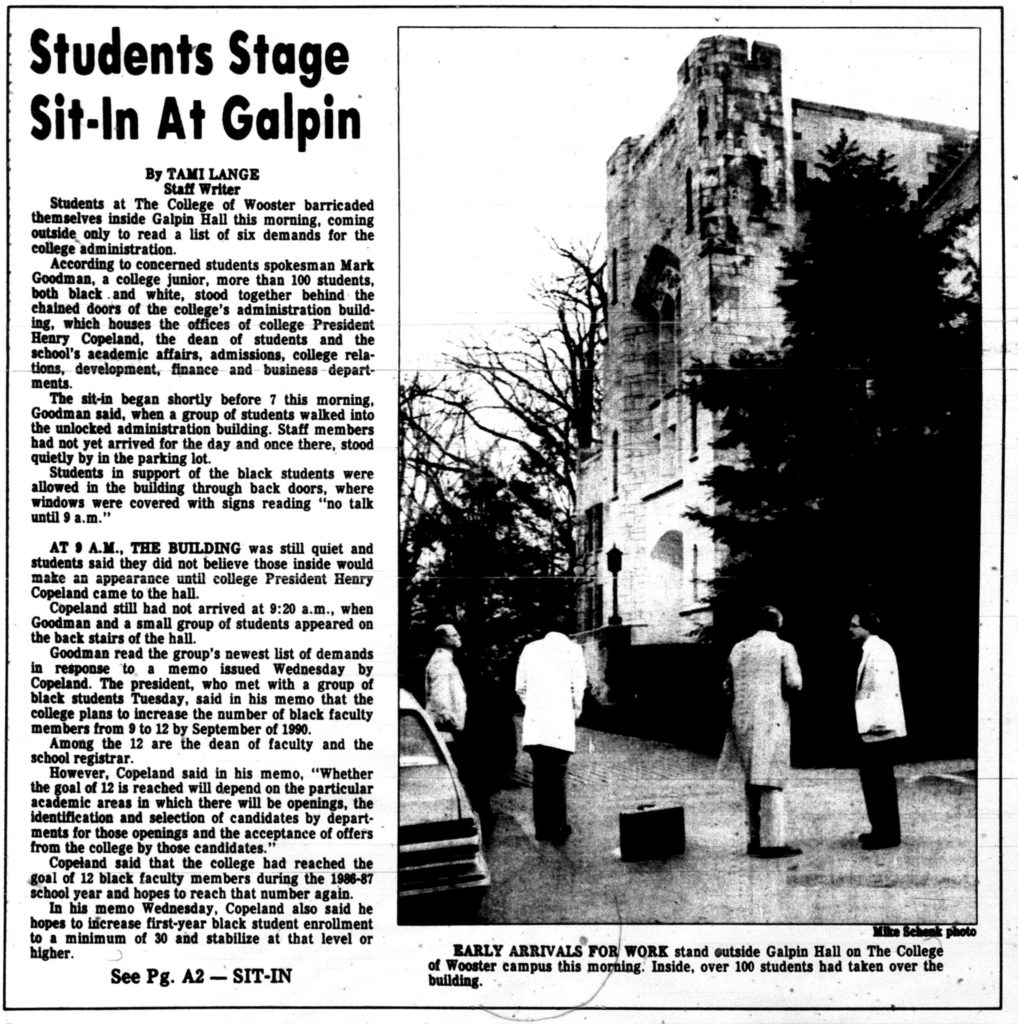Founding the University of Wooster
The College of Wooster, founded in 1866, has been a part of the Wooster community for over 150 years. Not only did Wooster’s best and brightest raise the funds necessary for the originally Presbyterian University, but they also encouraged awareness of how a Christian university could help the town.
1901 Old Main Fire
The University of Wooster was only a fledging institution when Old Main, its main academic building, burned down, which could have been disastrous for the school. However, it became a perfect time for the mutual support between the town and the college. Despite a struggle for funds, Wooster emerged stronger than before as they expanded the number of academic buildings on campus thanks to large donations from some notable American business tycoons.
Coeducation
Women have long had a presence at the College of Wooster, as Dr. Lord declared in his 1870 inaugural address that there would be no discrimination in admission based on sex. In the first few decades of the institution, these students had a mentor and role model in Annie B. Irish, the college’s first female professor. Their involvement on campus ranged from successfully lobbying for better housing, which resulted in Hoover Cottage, the first women’s dormitory, and participation in various groups and clubs.
African-American Activism at the College of Wooster
The College of Wooster campus community is known by its members and the town’s community as a center of social activism. A welcome to all potential students regardless of “race, color, or sex,” since its founding shows the College’s historical desire to be an equal space for all. This is especially apparent in the history of Black and African American movements for reform at the College of Wooster. From the Galpin Takeover and the Black Manifesto to the development of the Black (now Africana) Studies department, students and faculty have kept the fires of change alive, pushing to dismantle traces of institutional racism and to better the lives and educations of Black students at the College of Wooster.





